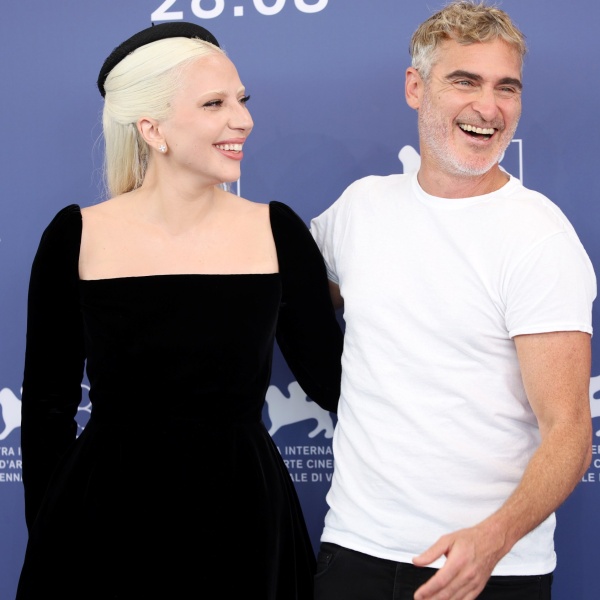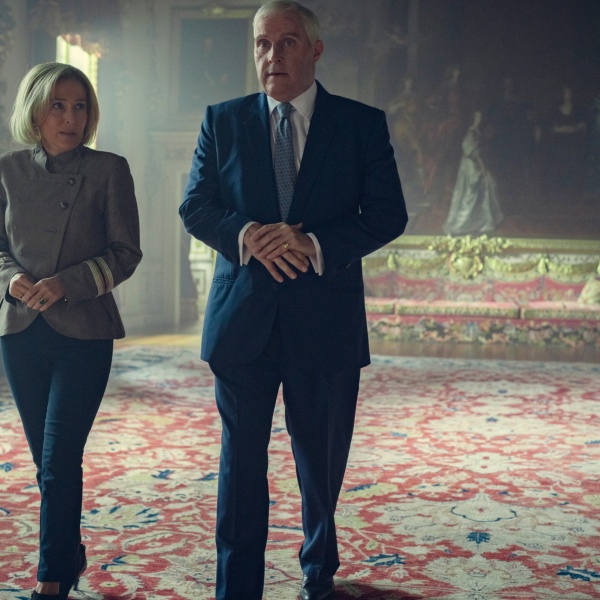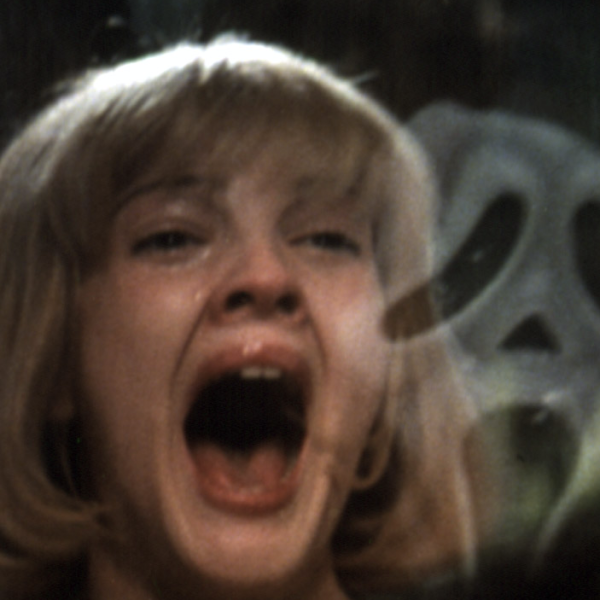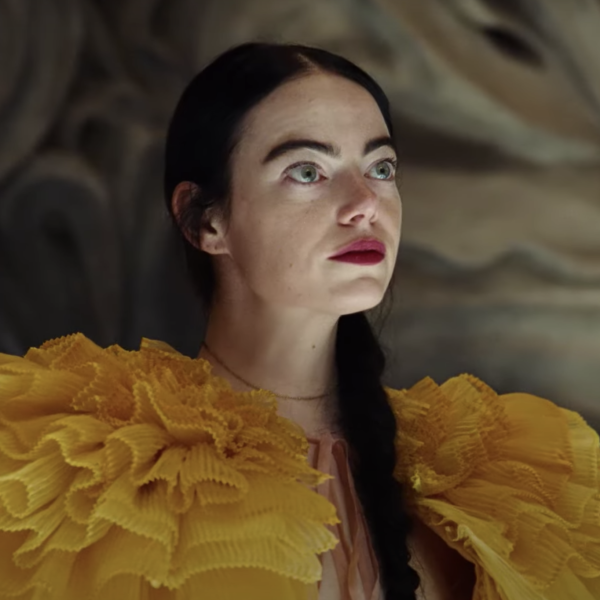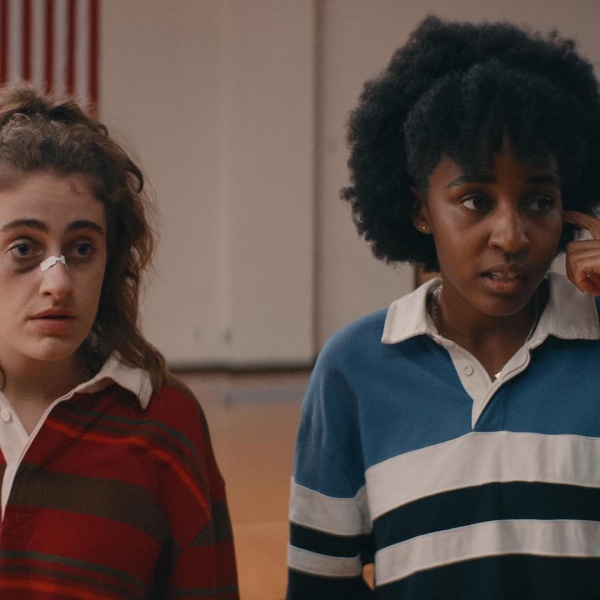
There’s Violent Mads. (See Dr. Hannibal Lecter, Gellert Grindelwald, “Riders of Justice,” “Indiana Jones and the Dial of Destiny,” “Casino Royale,” “Pusher,” “Valhalla Rising”). And Quiet Mads. (Oscar-winner “Another Round,” “Arctic,” Oscar-nominated “The Hunt,” and “After the Wedding”).
And now there’s Very Quiet Mads.
In his fifth Danish Oscar entry, “The Promised Land,” a Nordic pioneer Western from Nicolaj Arcel (Mikkelsen’s director from a decade ago on the nominated “A Royal Affair”), Mikkelsen delivers an almost silent, stoic, physical performance as captain-turned-potato-farmer Ludvig von Kahlen as he tries to tame the 18th-century Danish heath.
As the bastard son of a nobleman and his maid, making something of a piece of turf is the only way for the veteran to move up into the upper class. “He so desperately wants to become part of something that he hates, nobility,” Mikkelsen told IndieWire during a recent interview in Los Angeles. “They don’t deserve it. They haven’t worked for anything. He decides that he wants to be part of it.”
Back then people didn’t talk about their feelings. “His range of emotions is limited,” said Mikkelsen. “This is a time when people are not displaying emotions. They were just trying to survive. The whole idea of a having a dialogue about how you are feeling today would not have happened. We made it for one day: this was the important thing. So it was obvious that we had to have a lot of things going on inside the man, but less outside. He wouldn’t express that much but hopefully you will see a lot of things going on.”
No question about that. Every twitch signifies something deeper. Mikkelsen’s model for silent acting? Buster Keaton. He has loved him since he was a kid. “There was something about Buster Keaton that was an empty canvas,” he said. “And whatever I wanted to put into him I could do. You could say, ‘He’s not doing anything.’ But I beg to differ. He did a lot. And you could read it. When he did a tiny little smile, the entire sky opened. It was worth waiting for. We should be careful that we’re not doing the show reel when we’re doing a character. We should be honest with the character. The show reel will have to be your entire career later on.”

Looking for ways to show the cracks in the stalwart von Kahlen was the challenge. “He couldn’t be me,” said Mikkelsen. “Contemporary 2023, reacting to things like you and I would. But he had to have cracks, something had to happen to him.”
Slowly, a servant woman (Amanda Collin) moves into his life and his feelings. “There’s an ambush he doesn’t see coming,” the actor said. “We decided the small smile happens on page 88 [of the script], but we were in doubt all the time: ‘Should he soften up here’? The camera can see there’s some small humanity in there. That was a fine balance. The character is not interested in her. ‘Just leave me alone, everyone.’ But she sneaks up on him, right? Which takes more space in his life. And eventually he’s stuck with her, and he realizes that she’s worth something, she’s maybe the first person who ever meant anything to him.”
For Denmark, an $8 million picture filming for 44 days is a big movie. Arcel has said he was inspired by “Lawrence of Arabia,” with its vast, barren vistas. “It was a wasteland,” said Mikkelsen. “It was a pioneer story. There are guns and there are horses.”
And shooting in the outdoors was harsh, but because trailers were nearby, it was nothing compared with his experiences with the elements, he said, in other films like “Arctic,” “Polar,” and “Valhalla Rising.” “Nature plays a major part in the film. It’s a main character in many ways,” he said. “But it’s good for us. It can sometimes be an obstacle, but it gives us freebies, because we don’t have to play that it is tough. The wrinkles get much larger and you look more tired. It just comes naturally.”
Obstacles include the villain of the piece, neighbor nobleman Frederik De Schinkel (Simon Bennebjerg), who gleefully tortures his victims. In a fit of pique, he throws the maid out the window. In another horrific sequence, he kills an ex-servant with boiling water. He limits the pain inflicted on von Kahlen to a vicious whipping. “What really happens when you’re whipped?,” said Mikkelsen. “How painful, and how much will you give in eventually? You cannot control that kind of pain. It’s unfathomable. Like the man who’s boiled alive. It’s brutal to hear and brutal to watch.”
But even a sizable Danish production is far from Hollywood. If the director calls for everyone to move quickly when the sun comes out to catch a shot they missed, Mikkelsen will pick up some cables, something he would never be allowed to do on a big studio flick like “Indiana Jones and the Dial of Destiny.”

“That was my first Nazi,” he said with a smile. He’s been on big-budget studio locations before, but this one still made an impression. “It still amazes you when you come in. The first day is a night shoot on a 1944 Nazi train. A lot of Nazis are running around with treasures, and then in front of the camera steps [singing the Indiana Jones theme] ‘doo de doo doo.’ It is a magical start.”
He loved acting opposite Harrison Ford. “He is a grown-up child. It was fascinating to see him go to work every day as inspired as we all did when we had our first session. He loves what he is doing. And he doesn’t take it for granted,” he said. Ford improvised a bit punching Mikkelsen through his hat. “When he came up with the idea, I said, ‘You do realize we’re going to have to do this again and again.’ But it worked out well.”
Next up: Mikkelsen is developing a film, “Black Kaiser,” about a targeted professional hitman. And in the can is “Dust Bunny,” the feature debut of his “Hannibal” creator, Bryan Fuller, a fantasy about an eight-year-old girl who wants her neighbor to save her from a monster under her bed. “And then things go south from there,” said Mikkelsen. Mostly, he’s enjoying becoming a grandpa for the first time: “You need it. I’ll tell you, it’s good!”

